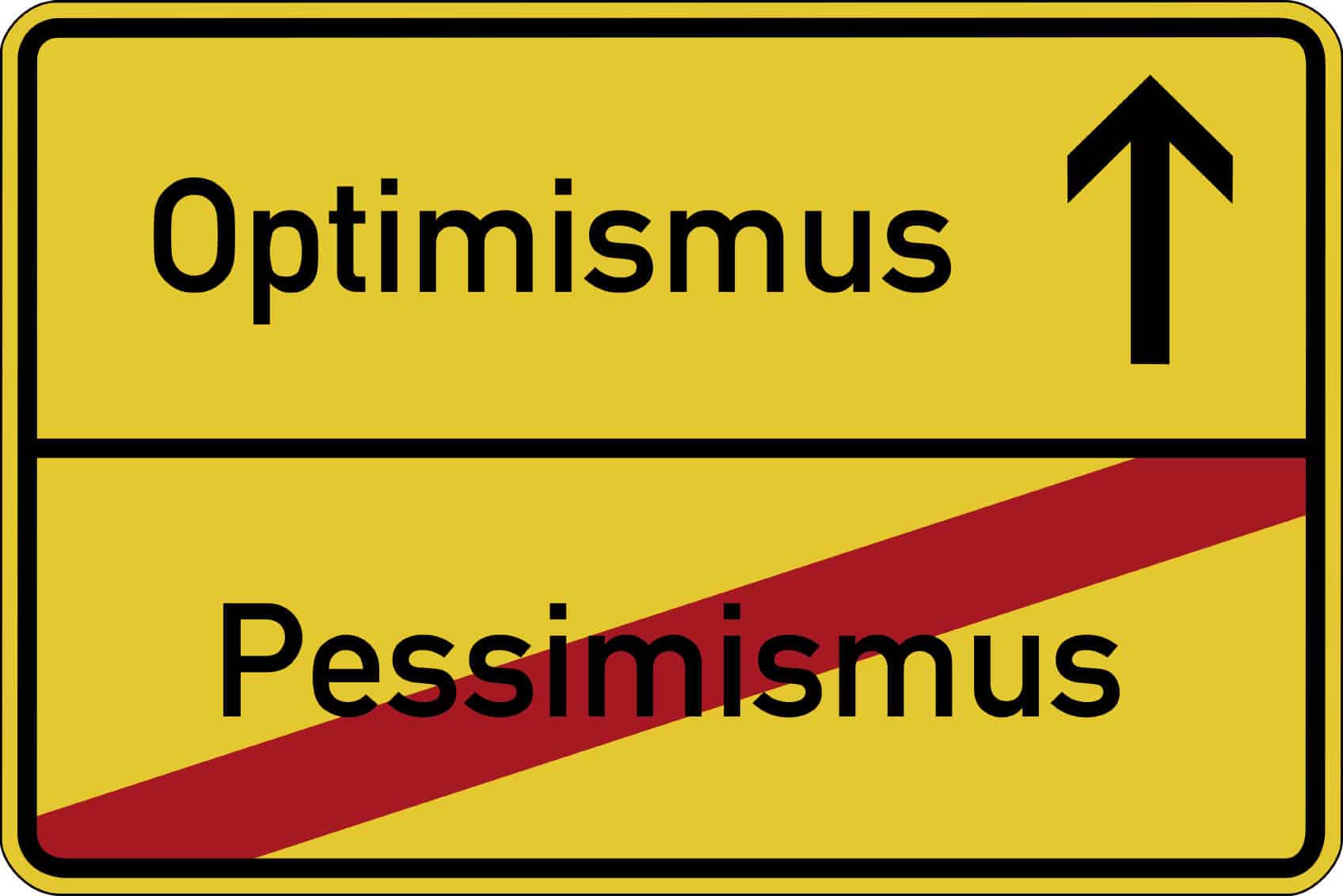Tim was a bit nervous regarding his sociology final exam this semester. Even though he studied all week, he went for an all-nighter on the last night before his exam. Although, he had a very good preparation, he kept predicting these negative outcomes, inspired by the fact that one his friends, despite being quite brilliant, failed sociology in the last semester. As a consequence, the next morning he woke up late. He couldn’t get to grab breakfast and was ten minutes late for his exam. It wasn’t a good exam, and Tim got a C.
On the other hand, April didn’t have a very good preparation compared to Tim. She aimed for a B+ to begin with, however, she was confident. She went to sleep earlier the night before the exam. She woke up earlier the next morning and had an ample amount of time to prepare and have her breakfast. It was a very good exam for her, and as a consequence, she was able to get an A, way better than she even aimed.
Can you see what went wrong for Tim? Tim was provoking bad thoughts in his mind. Being clouded by those negative thoughts, he was way too focused on only the negative outcomes. He was out of energy during his exams, had a bad mood, and last but not the least – hungry. In contrast, April was filled with confidence, had a purpose, and not to mention a clear mind. Recall that Tim still had the better preparation. This is what negative thinking tends to do to us.
Now let’s get on with our stories.
Knowing the grades, Tim was completely devastated. He thought that he was a lousy student, taking all the blames on himself. The fact that he had a mood, and bad thoughts clouded his mind with negative perspectives never crossed his mind. He anticipated that he if continued with his studies, it’d be a waste of money and time. He didn’t even consider the fact that he at least learned something. Thinking all these, he was going to his dorm room. On the way, he bumped into April. He asked about her grades, and immediately felt ashamed. She then made him tell his grades. She, being surprised, asked him about what he had covered, what he didn’t. She was even more surprised. She told him that she had covered way less than he did.
Now Tim, being totally confounded, sat and thought about the whole thing once again. He couldn’t figure out a dime. So, he decided to go to the counselor and discuss the matter. Listening to the complete story, the counselor introduced him to positive thinking. He told Tim everything about pessimism and optimism. Tim came to know all that he did wrong regarding the sociology exam.
According to Wikipedia, optimism is a mental attitude or world view that interprets situations and events as being best (optimized), so that in some way that may not be fully comprehended the present moment is in an optimum state. Yes, in one word, optimism means thinking positive.
Optimists always tend to look for the brighter side of events. Say, if a glass is half empty, they’ll say that it’s half full. Again, while some people may complain that roses have thorns, they say that thorns have roses. Even if they incur failure, they’ll say that they learned a lot. Positive thinking makes people feel empowered; it boasts their confidence. They get to keep better health too.
In contrast, pessimism is focusing on the negative sides of events. Pessimists tend to filter out the positive aspects of events. Yes, if a glass is half full, they’ll say that it’s half empty. They are the ones, who complain that roses have thorns. They take sunk costs into account, while making decisions regarding present and future. They always take all the blames on themselves. Upon failure, they completely avoid the fact that they at least learned something.
They see things either as bad or good, by completely ignoring the middle base of events. The life of a pessimist is filled with regrets, and sadness.
While it may still be arguable, optimism is the best way to lead a richer life. The counselor also gave Tim some insights regarding how to think positively. Yes, even being a pessimist already, he can still gain optimism.
Communicate with yourself
Yes, simply talk to yourself. First, ask yourself about the negative sides of an event. This is how you’ll know about the areas, where you usually take things negatively. Now do the opposite and contradict the negative aspects with the positive aspects. Say, if you failed in an exam, emphasize more on the fact that you got to learn something; thus, the next time when you’ll reapply yourself, you’ll already have some experience, and that will make it easier. You’ll earn good marks. Convince yourself that the past is past, and you cannot do anything to change that.
Be inclined to live a happier life
Always try to be happy. Surround yourself with good people, and good things. Welcome humor in your life. You’ll see that staying happy doesn’t really take much. Try not to be too sore towards yourself. Simply say sorry and figure out things in a peaceful way.
Read, write, and learn
Learn new things by reading. Whether it’s a fiction or a nonfiction, good stories or new thoughts will always cheer you up. Express your thoughts via writing about them. Writing about events will clear your mind and offer you a new way to see things differently.
Avoid violent and sad environment
They bring us down. They provoke the negative thoughts deeply, and we tend to have a bad mood because of them.
Keep at it
Replacing negative thoughts with positive ones may seem a difficult at first. Your mind may refuse. However, don’t give up. Keep looking at the brighter side.
Creative visualization
Dream on. Think about the brighter sides and try to anticipate visually what will happen when you apply the things that you’ve learned. This’ll definitely enlighten you to another level.
To put it forthright, simply seek happiness, pursue adventures, and be content.








